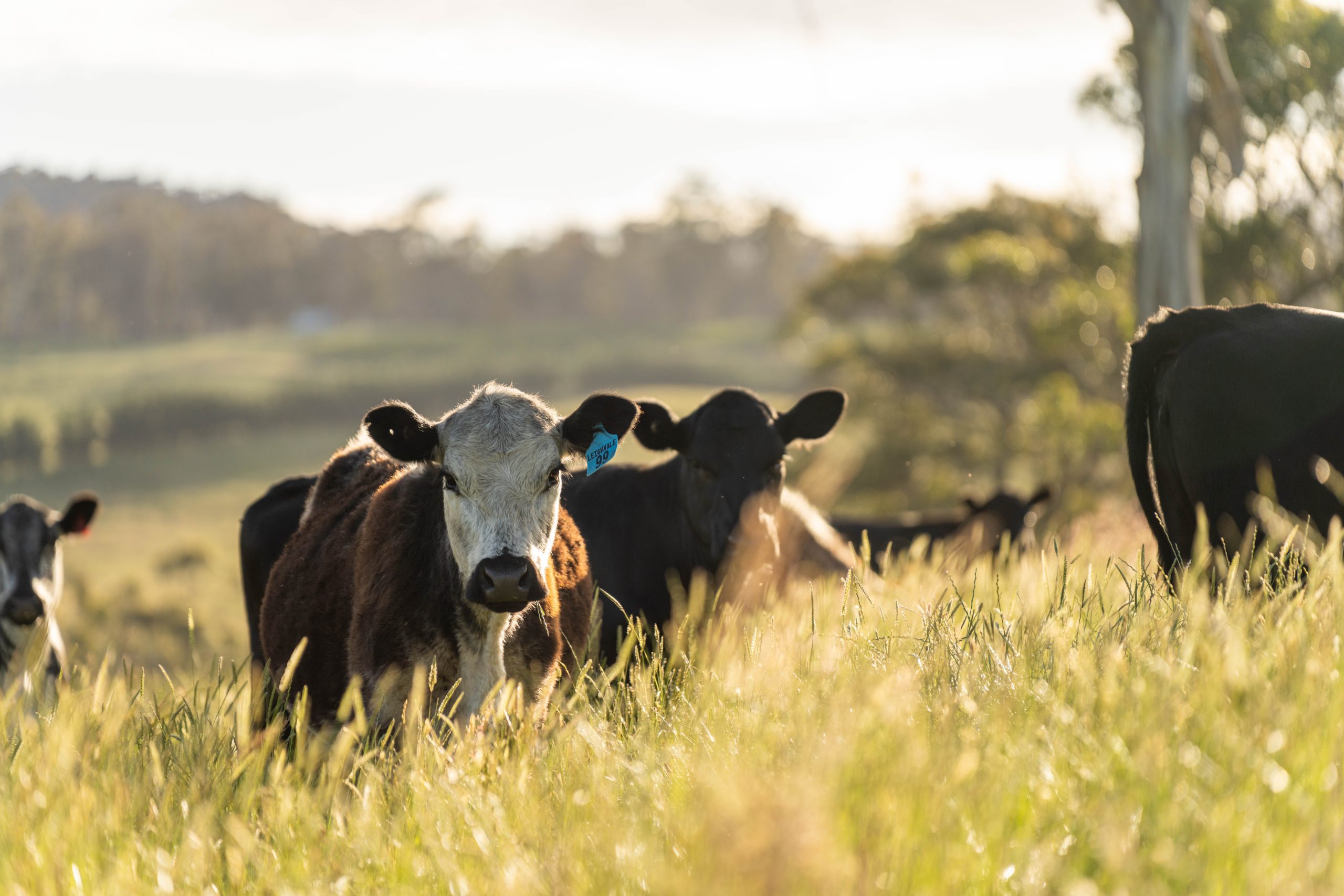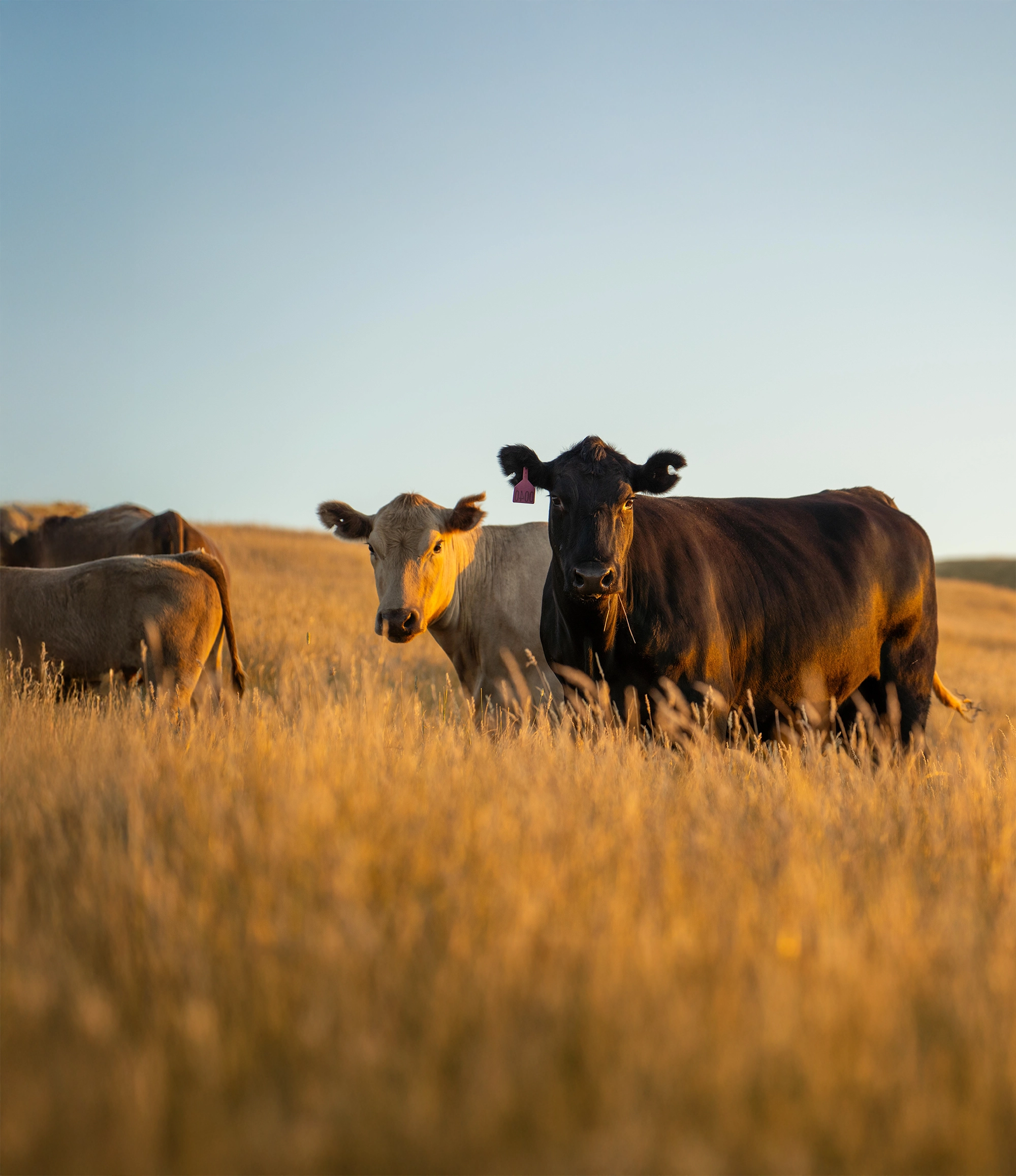Updates

Updates
Monday, 14 July 2025
Gut Feeling: Methane busting ‘cattle capsule’ could be a climate game-changer
A new $4.1 million research project will trial biodegradable devices to reduce methane emissions in cattle and sheep, offering a sustainable, residue-free solution to one of Australian agriculture’s biggest emissions challenges.


